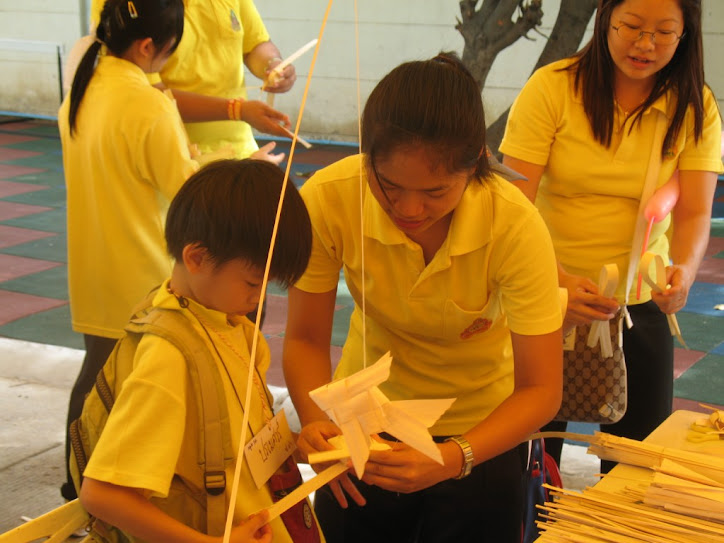

Walking over the bridge I have noticed several beggars and thought nothing more than walking past. People tell me, giving to them only attracts others to yourself and the area. Today was different; I stopped and gave some money then carried on with my day. Something had changed today because after I met up with two young ladies in a Bangladesh coffee shop, one from Bangladesh, a Muslim and the other from china, a Christian. We talked about helping people and asked me to go to church with them the following Friday. We talked about the circumstances of been poor in a poor country and how seeing poverty effects us as human beings wanting to help, looking for answers to help these poverty torn countries and their people. I spoke of other countries, what I had seen and the effects it had on me as a person. I explained that eventually on my return to the United Kingdom I had many terrible memories of terrible poverty. I have become accustomed to seeing such sites but now wish to explain how as people who care can help these poor people around the world.
Here in Bangladesh I have met some wonderful people that do understand the problem and find that special part in their heart to help. This is my first time mentioning such poverty and would like offer you information on how you can help here in Bangladesh and the rest of the world. You simply can’t imagine how difficult it is to survive under such difficult conditions which for most has become a competitive environment, even for the poor fighting for a status in society in what little work and money they have. Many don’t even have a family. The terrible stories of self mutilation to become beggars fighting to provide for families are simply shocking. Other stories exist but I wish not to mention about them for my own safety.
I have been in an Asian country without money under difficult circumstances and knew at one point I would need help in finding a meal. The first day when I ran out of money through unemployment I was offered a meal by an English teacher who had travelled from South Korea on holiday. I was also offered a job in South Korea. I was lucky having understandable parents that could supply me with the air fare to my next destination another eye opener on other accounts. For some simply having a passport protects us against such problems but for those who will never leave their country you can imagine how simple and difficult their lives have become, there is no escape.
I have learnt a lot today that giving a little can bring huge rewards in a natural achievement in helping someone and takes less than one minute. Knowing you have helped someone eat, drink or supply medication for sickness has a great sense of satisfaction. Some are natural givers, some give occasionally, I gave today because something had changed and helped me realise I can help too. Please check out this website for more information on how you can help, what others are doing to help and the reason why there is a huge demand for people who care. You can help and learn more about the cause by understanding about poverty around the world.
http://www.carebd.org/
+%5BDesktop+Resolution%5D.jpg)






